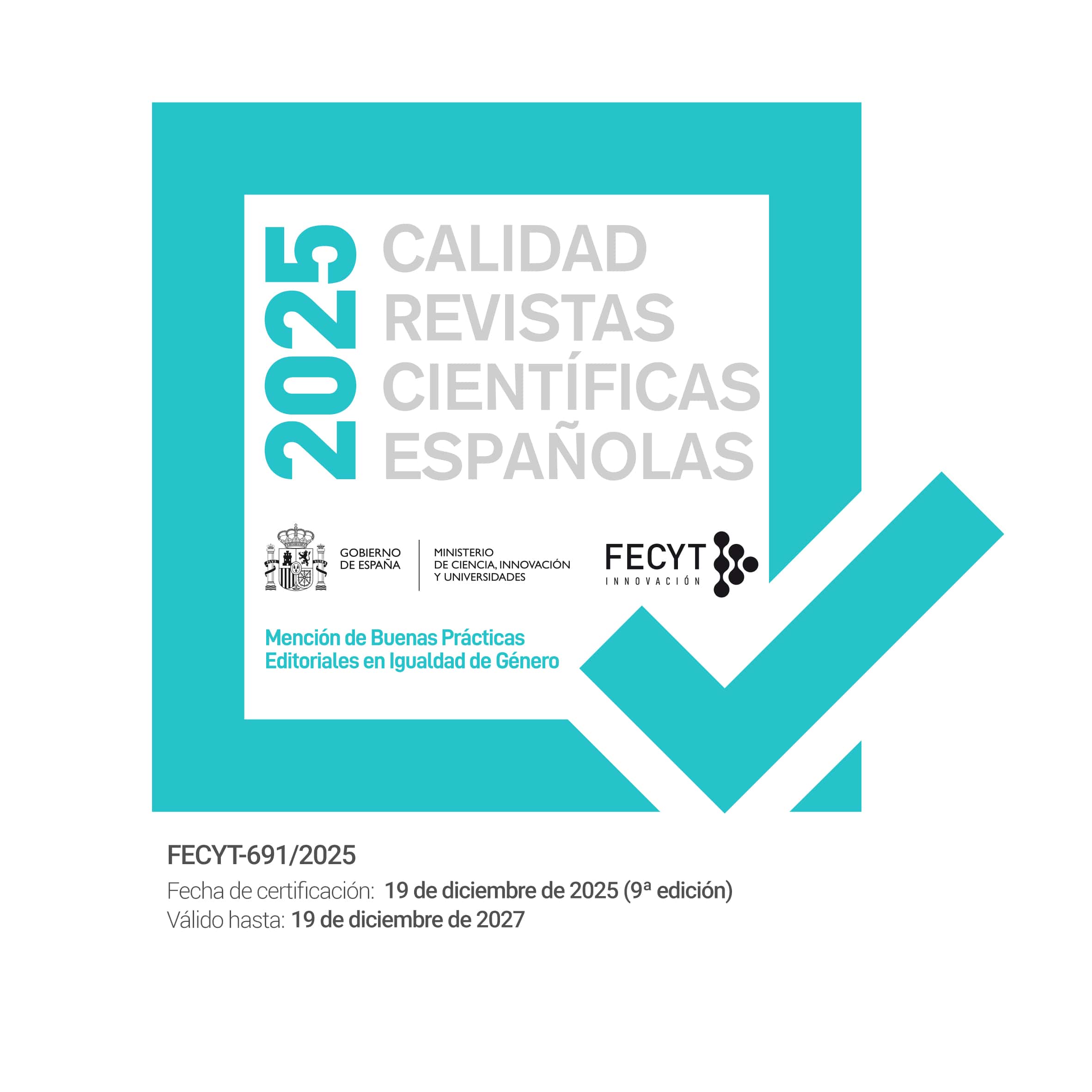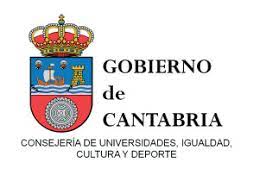Afinidades perdidas: Don Quijote, Die Leiden des Jungen Werther (1774) y la tradición cervantina alemana
DOI:
https://doi.org/10.55422/bbmp.436Palabras clave:
Cervantes, Goethe, Tradición cervantina, WertherResumen
Por lo general, los estudios que han abordado la influencia de Miguel de Cervantes en Goethe han destacado el interés del autor germano por el novelista español, en el contexto más amplio de un palpable desinterés de Goethe por las letras hispánicas. En este artículo pretendo analizar cómo Don Quijote y la tradición cervantina alemana suponen un importante sub-texto en Die Leiden des jungen Werther. Desde mi punto de vista, Goethe articula en su novela el retrato de un lector fallido, enfrascándose en un fructífero diálogo con el Quijote y con la tradición cervantina alemana de la segunda mitad del siglo XVIII, pero abriendo a su vez nuevas vías para la tradición cervantina europea al convertir el quijotismo de Werther en una interpretación libresca de la realidad, y no tanto en una transformación mental de la misma.
Descargas
Publication Facts
Reviewer profiles N/D
Author statements
Indexado: {$indexList}
- Academic society
- Sociedad Menéndez Pelayo
- Editora:
- Sociedad Menéndez Pelayo
Estadísticas globales ℹ️
|
188
Visualizaciones
|
116
Descargas
|
|
304
Total
|
|
Citas
BERTRAND, J .J. A. (1950) Cervantes en el país de Fausto. Madrid. Fondo Cultura Hispánica.
BRÄUNER, HARALD. (1988) Die Suche nach dem deutschen Fielding. Englische Vorlgagenund deutsche Nachahmer in Entwürfen des «Originalromans» (1750-1780). Stuttgart. Hans-Dieter Heinz Akademischer Verlag.
BRÜGGEMANN, WERNER. (1958) Cervantes und die Figur des Don Quijote in Kunstanschauung und Dichtung der deutschen Romantik. Münster. Aschendorff.
CLAVERÍA, CARLOS. (1950) «Goethe y la literatura española». Revista de ideas estéticas.8. 146-167.
DUNCAN, BRUCE. (1982) «“Emilia Galotti lag auf dem Pult aufgeschlagen”: Werther as(Mis-Reader)». Goethe Yearbook. 1. 42-50. DOI: https://doi.org/10.1353/gyr.2011.0411
ENDRESS, HEINZ-PETER. (2009) Goethe y Cervantes y otros estudios cervantinos. Fruto deuna fascinación duradera. Madrid. Academia del Hispanismo.
FARINELLI, ARTURO. (1924) Guillaume de Humboldt et l’Espagne. Avec une esquisse surGoethe et l’Espagne. Turín. Fratelli Bocca, Editori.
GOETHE, JOHANN WOLFGANG. (1774) Penas del joven Werther. Madrid. Alianza Editorial. (2015).
HABEL, THOMAS. (1986) «Wilhelm Ehrenfried Neugebauers Der teutsche Don Quichotte. Zur Don Quijote-Rezeption und Fiktionskritik im deutschen Roman des 18. Jahrhunderts». ‘Gelebte Literatur in der Literatur’: Studien zu Erscheinungsformen und Geschichte eines literarischen Motivs. Gotinga. Vandenhoeck. 72-109.
HEINS, JOHN P. (2007) «Sentimental Confusion: Art, Nature, and Aesthetic Autonomy in Goethe’s Der Triumph der Empfindsamkeit». Goethe Yearbook. 14. 83-102. DOI: https://doi.org/10.1353/gyr.2011.0413
HUEBENER, THEODORE. (1950) «Goethe and Cervantes». Hispania. 33. 2. 113-115. DOI: https://doi.org/10.2307/333902
KURTH-VOIGT, LIESELOTTE. (1965) «W.E.N. Der Teutsche Don Quichotte, oder die Begebenheiten des Margraf von Bellamonte. Ein Beitrag zur Geschichte des deutschen Romans im 18. Jahrhundert». Jahrbuch der deutschen Schillergesellschaft. 9. 106-130.
KURTH-VOIGT, LIESELOTTE. (1969) Die Zweite Wirklichkeit. Studien zum Roman des achtzehnten Jahrhunderts. Chapel Hill. University of North Carolina Press. DOI: https://doi.org/10.5149/9781469657769_Kurth
LÄMMERT, EBERHARD. (1971) Romantheorie. Dokumentation ihrer Geschichte in Deutschland 1620-1880. Berlin. Kippenhauer & Witsch.
LESSING, GOTTHOLD EPHRAIM. (1772) Emilia Galotti. Madrid. Cátedra. (1998). DOI: https://doi.org/10.1515/9783112638880
MARX, FRIEDHELM. (1995) Erlesene Helden. Don Sylvio, Werther, Wilhelm Meister und die Literatur. Heidelberg. Carl Winter Verlag.
MAURER, KARL. (1997) Goethe und die romanische Welt. Studien zur Goethezeit und ihrer europäischer Vorgeschichte. Paderborn, F. Schönining
MORO, ALFREDO. (2014) Transformaciones de la novela cervantina en la novela inglesa y alemana del siglo XVIII. Tesis doctoral inédita. Salamanca. Universidad de Salamanca.
PARDO, PEDRO JAVIER. (2015) «Viajeros quijotescos y viajes cervantinos en las letras británicas». La cultura española en la Europa romántica. José Checa Beltrán (Ed.). Madrid. Visor. 121-153.
RIVERO IGLESIAS, CARMEN. (2011) La recepción e interpretación del Quijote en el siglo XVIII. Argamasilla de Alba. Ayuntamiento de Argamasilla de Alba.
SCHLAFFER, HEINZ. (1978) «Exoterik und Esoterik in Goethes Romanen». Goethe Jahrbuch. 95. 212-226.
SCOTT, WALTER. (1814) Waverley, or ‘Tis Sixty Years Since. Oxford. Oxford University Press. (2008). DOI: https://doi.org/10.1093/oseo/instance.00220010
STRICH, FRITZ. (1957) Goethe und die Weltliteratur. Berna. Francke.
STROSETZKI, CHRISTOPH. (2007) «Don Quijote und die Philosophie des Deutschen Idealismus». Der widerspenstige Klassiker: Don Quijote im 18. Jahrhundert. Frankfurt am Main. Peter Lang. 35-53.
VEGA, MIGUEL ÁNGEL. (2001) «Los (des)intereses españoles de Goethe». Encuentros con Goethe. Luis A. Acosta, María Luisa Esteve, Isabel Hernández y Margit Raders. Madrid. Trotta.
VORTRIEDE, WERNER. (1947) «The Battle of Books in Goethe and Cervantes». Modern Language Notes. 62.5. 339-40. DOI: https://doi.org/10.2307/2908820
VOSSKAMP, WILHELM. (1973) Romantheorie in Deutschland. Von Martin Opitz bis Friedrich von Blankenburg. Stuttgart. Metzler. DOI: https://doi.org/10.1007/978-3-476-03010-8
Descargas
Publicado
Cómo citar
Número
Sección
Licencia
Derechos de autor 2022 Alfredo Moro Martín

Esta obra está bajo una licencia internacional Creative Commons Atribución-NoComercial 4.0.








